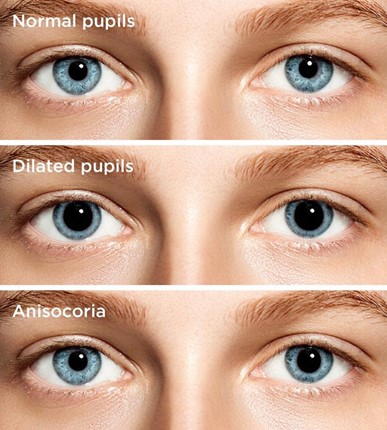A nurse in a mobile health clinic is caring for a client who requires a tetanus immunization and is accompanied by his daughter. The client does not speak the same language as the nurse. Which of the following actions should the nurse take?
Use professional terminology when providing education prior to the procedure.
Identify the client's spoken dialect prior to contacting an interpreter.
Arrange for a member of the client's community to interpret the teaching.
Have the client's daughter communicate information about the procedure.
The Correct Answer is B
It is important to identify the client's spoken dialect before contacting an interpreter because there are many different dialects within a single language, and the interpreter needs to be able to understand and communicate effectively with the client. Using professional terminology may not be effective if the client does not understand the language in the first place, and relying on the client's daughter to communicate information about the procedure may not be reliable or appropriate.
Nursing Test Bank
Naxlex Comprehensive Predictor Exams
Related Questions
Correct Answer is C
Explanation
A nurse case manager who arranges for the delivery of medical equipment to a client's home is functioning in the role of a coordinator. The coordinator role involves arranging and coordinating services and resources to meet the client's needs. The systems allocator role involves allocating resources to meet the needs of a population, such as a community or group of clients. The consultant role involves providing expert advice or recommendations to other healthcare professionals. The advocate role involves supporting and representing the client's interests and needs.
Correct Answer is A
Explanation
Explanation: Heroin is a central nervous system depressant that can cause various physiological effects on the body. Dilated pupils are a common sign of heroin use, along with a decrease in blood pressure, respiratory rate, and heart rate. The pupils will appear larger than usual because heroin depresses the parasympathetic nervous system, which controls the size of the pupils.
Tachypnea, or rapid breathing, is not typically associated with heroin use, as it is a central nervous system depressant. Euphoria, or a feeling of intense pleasure or happiness, is a common effect of heroin use, but it is not the most reliable sign of heroin use, as other drugs can also produce this effect. Nystagmus, an involuntary movement of the eyes, is not a common sign of heroin use. Dilated pupils are a reliable sign of heroin use and should be documented in the client's medical record. It is important for the nurse to assess for other signs of drug use and to provide appropriate care and support to the client, which may include referrals for substance abuse treatment. The nurse should also follow agency policies and procedures for reporting drug use and abuse to appropriate authorities.

Whether you are a student looking to ace your exams or a practicing nurse seeking to enhance your expertise , our nursing education contents will empower you with the confidence and competence to make a difference in the lives of patients and become a respected leader in the healthcare field.
Visit Naxlex, invest in your future and unlock endless possibilities with our unparalleled nursing education contents today
Report Wrong Answer on the Current Question
Do you disagree with the answer? If yes, what is your expected answer? Explain.
Kindly be descriptive with the issue you are facing.
